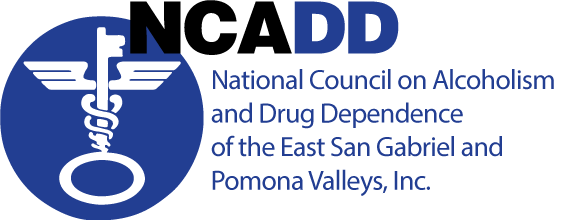NCADD ESGPV Blog
From Bar to Bars: Links between Alcohol and Crime
Crimes related to illegal drugs often make headlines—seizures of substances, arrests of drug lords and dealers, and laws broken to support habits. Crimes related to alcohol are also in the news, but we may have to turn to police logs to find them. Yet alcohol is implicated in 56.6 percent of incarcerations in America, which includes 57.7 percent of inmates who committed a violent crime such as murder, forcible rape, robbery, or aggravated assault. Alcohol has more links to crime than any other single drug. (Behind Bars II: Substance Abuse and America’s Prison Population).
Consumption of alcohol does not in itself cause crime. But alcohol impairs coordination and judgment, which makes driving dangerous, especially for young, inexperienced drinkers. Estimates vary, but some authorities report alcohol-impaired driving contributes to more than 50 percent of motor vehicle crashes and more than 50 percent of highway fatalities. Driving under the influence (DUI) of alcohol is against the law for good reason.
About one-third of individuals arrested or convicted of drunk driving are repeat offenders. Of course a calamity may occur the very first time someone drinks and drives, but over 80 percent of DUI offenders are estimated to be more than casual users of alcohol and/or other drugs. Screening, intervention, and treatment of offenders reduce future risks to them and to others on the road.
Again, alcohol consumption does not in itself cause crime. But alcohol is disinhibiting, which means individuals under the influence of alcohol are more likely to do things they would not otherwise do. Alcohol is also addictive, which means some individuals will do things they would not otherwise do—repeatedly.
Following incarceration for addiction-related crimes, recidivism to substance use and to crime is probable unless those released engage in addiction recovery. A study that found only eleven percent of inmates with substance use disorders received relevant treatment during incarceration also reported that each former inmate who remains sober, crime-free, and employed will save the nation $91,000 per year.
Intimate partner violence and other forms of domestic abuse are all too common. When such violence occurs, many assailants and some victims have been drinking. To prevent this harm within households, society must address not only alcohol consumption, but also psychological and socioeconomic factors that feed the problem. That said, some communities have been able to reduce measures of domestic violence by making alcohol less available through price increases or reductions in hours of sale.
Substance-involved inmates are parents to more than 2.2 million minors. Incarceration of a household member—along with household member substance abuse and violence on the mother—is one of the adverse childhood experiences that increase a child’s own risk of future addiction and incarceration.
Multiple analyses conclude that treating substance use disorders during incarceration and in lieu of incarceration will save money. Helping at risk children avoid the paths of their parents is likely to avert not only tremendous expense but also tremendous suffering. When children at risk postpone their onset of drinking from the early teens to the late teens, evidence suggests they reduce their likelihood of future addiction to alcohol by more than fifty percent.
To think about: Would news coverage of alcohol-related crime be more comprehensive if there were no media advertising for alcoholic beverages?
The NCADD Addiction Medicine Update provides NCADD Affiliates and the public with authoritative information and commentary on specific medical and scientific topics pertaining to addiction and recovery.
When you subscribe to the blog, we will send you an e-mail when there are new updates on the site so you wouldn't miss them.


Comments